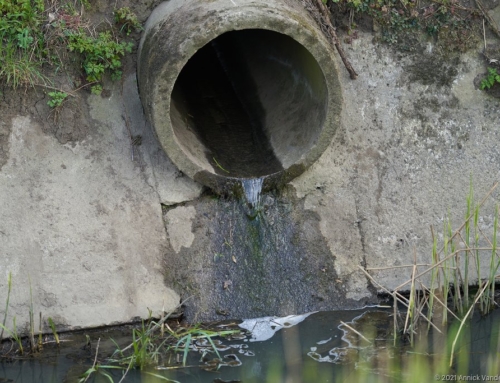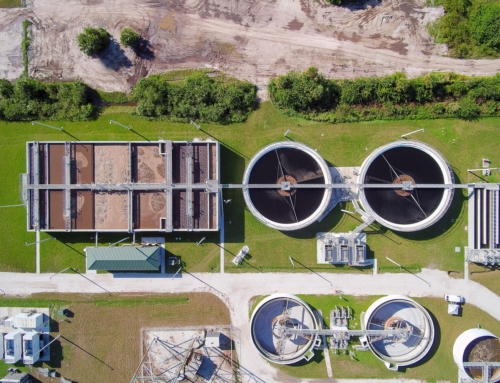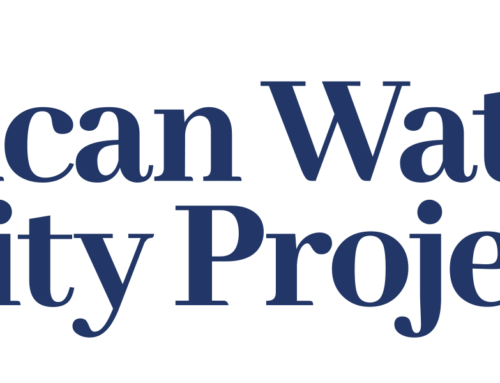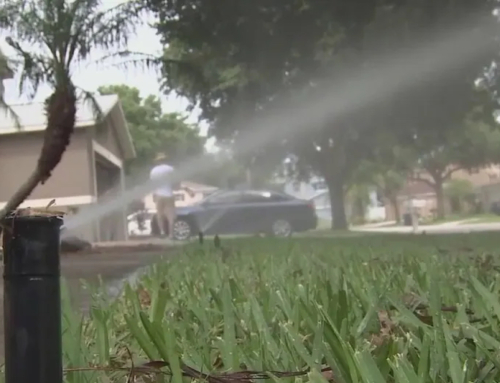Fix Florida’s wastewater infrastructure
American Water Security Project’s communications and outreach director Caroline Smith authored ‘Fix Florida’s wastewater infrastructure‘ for the Sarasota Herald-Tribune. The original appeared March 31, 2019.
As a mother and professional photographer who depends upon clean water to recreate and practice my trade, it profoundly angers me that so few municipal leaders can summon the political will to upgrade the state’s aging and antiquated wastewater infrastructure — until citizens prevail in court. Raw and partially treated sewage routinely flows in our neighborhoods and waterways.
In St. Petersburg, I was the executive producer and co-writer of an award-winning documentary called “St. Pete Unfiltered” that exposed the city’s willful negligence in covering up major, chronic sewage spills. Ultimately, it took court orders to get the city on the road toward solutions.
Recently, on behalf of Sarasota County residents, the Suncoast Waterkeeper, the Our Children’s Earth Foundation and the Ecological Rights Foundation filed a notice of intent to sue the county over a litany of Clean Water Act violations.
Over the past three years, the county’s utility has spilled more than 800-million gallons of wastewater into Cowpen Slough, Phillippi Creek, Roberts Bay and Sarasota Bay. The water comes from the county’s storage tank and storing pond adjacent to the Bee Ridge Reclamation Facility.
County officials admit they are aware of the discharges. They’ve known they needed to increase wastewater treatment capacity since 2013, but have failed to do so. They could face fines up to $55,000 per day.
These aren’t isolated problems. Wastewater mismanagement is widespread across the state. after Hurricane Irma, Brevard County utilities spilled more than 22 million gallons of raw sewage into the iconic Indian River Lagoon, which has largely collapsed, primarily because of inadequate sewage treatment.
From Miami to the Panhandle, inadequately treated sewage is fueling harmful algal blooms, killing ecosystems and contaminating public waters with dangerous pathogens.
Any reputable water quality expert will tell you that raw and partially treated sewage provides algae with phosphorous and nitrogen concentrates that allow them to bloom like crazy.
Florida’s ecosystems, its water-based economies, and its citizenry deserve better.
That there is no long-term solution in place for such a dangerous, widespread problem has inspired Floridians of all stripes to engage the Legislature.
Fortunately, most legislators seem to appreciate that Floridians are fed up with watching the state’s most precious resource — water — treated with indifference and disdain. They seem poised to accommodate Gov. Ron DeSantis’ budget request for $650 million for environmental repairs, which will fund badly needed Comprehensive Everglades Restoration Projects and springs restorations as well as grants for wastewater infrastructure upgrades, repairs and septic-to-sewer conversions. There are also federal funding from the Environmental Protection Agency and other sources for wastewater infrastructure projects.
Sure, sewage solutions such as advanced wastewater treatment are expensive, but not nearly as costly as sacrificing human health and the waters that drive the state’s tourism.
Obviously, harmful algal blooms, fueled by nutrient pollution from human activity, are becoming more frequent, longer-lasting and more toxic. Meanwhile, sewage infects our waters with diseases such as hepatitis, staph and even a recently discovered antibiotic-resistant strain of MRSA-like bacteria in Tampa Bay. This news has become a focus of national attention, and the apocalyptic images of fouled waters and dead wildlife are deterring tourism.
Citizens shouldn’t have to resort to lawsuits to gain rights as basic as clean water and adequate sanitation.
Please join me in urging Gov. DeSantis and the Florida Legislature to fix our state’s plumbing problems and water quality. Tell them you support ample funding for wastewater infrastructure upgrades, and strong consequences for inaction on the local level.
Let them know Floridians will accept nothing less.






